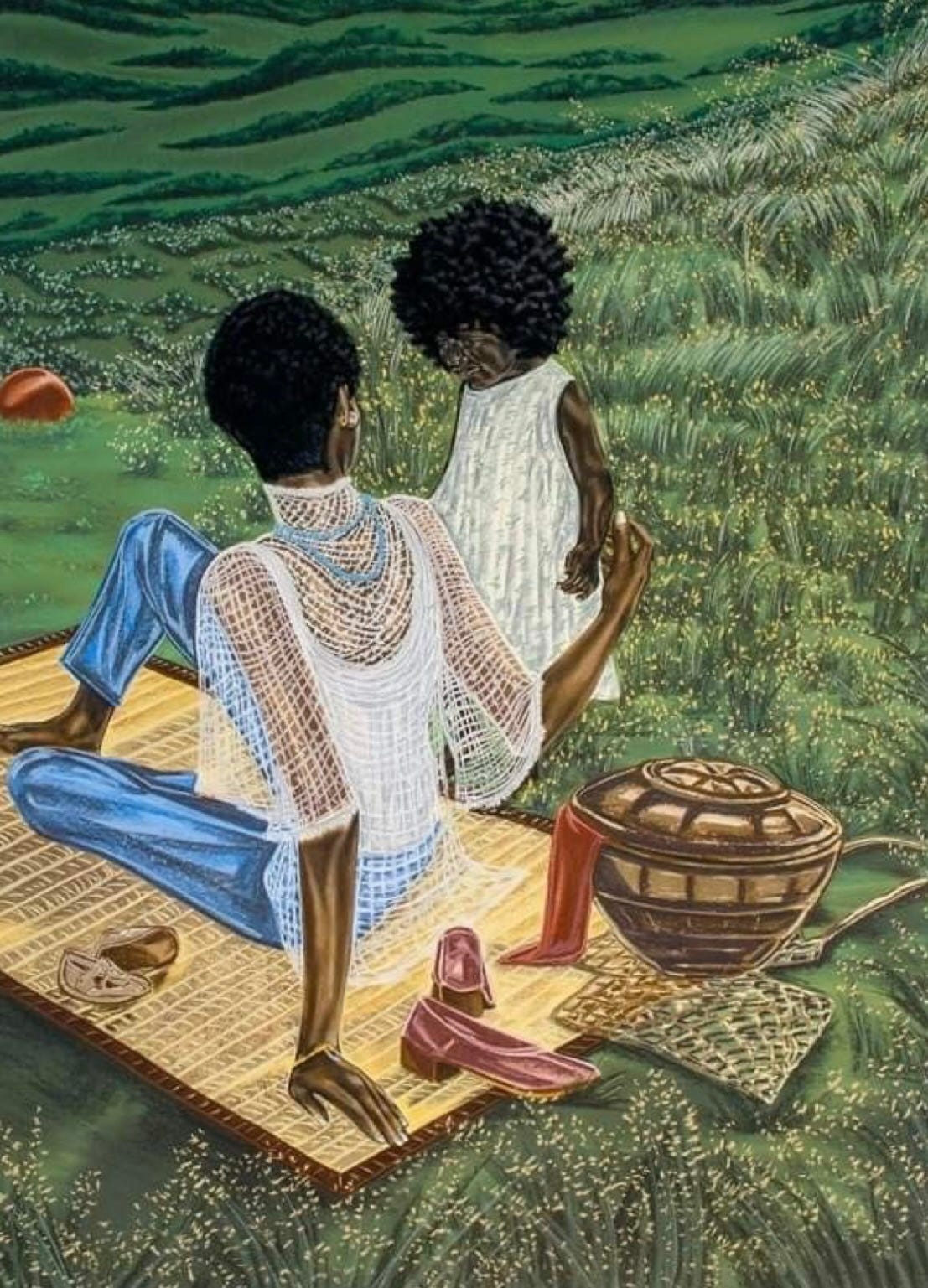Hey Beautiful People!
As I am deep into four month’s of motherhood I caught myself today having a brief moment of frustration that I did not want to manifest in a way that would affect my precious baby. You see, my daughter is pretty chill. As long as her needs are met she is good to go. I guess we can all relate to that. She is also very patient which ironically or not so ironically is the meaning of her middle name. She embodies patience.
So while I was having a moment earlier today because baby girl seemed increasingly inconsolable, a rare occurrence, I decided to take a breath to ease my frustration and in that moment of pause I realized- it had been two hours of her being awake and now that baby girl is kinda sorta getting on a schedule, this meant baby needed another nap. And sure enough I put her on the boob and she was out like a light. She was beat from all things newborn. Her emotions reminded me of some of my own feels and how if ignored for too long, can create unnecessary suffering. So this post is all about that- using breath and mindfulness to tend to ourselves and maybe a baby too…especially in these wild times.
Thich Nhat Hanh, whose teachings changed my life, likens mindfulness to a mother tenderly holding her crying baby, recognizing and embracing the baby's suffering without judgment; only compassion and curiosity. Just as a mother soothes her child by assessing what is needed, mindfulness invites us to do the same with our own emotions—holding them gently, listening, and responding with understanding rather than resistance.
Now, as a mama myself, I am living this very teaching that I used to share with my students which is wild! Each time my daughter cries, I get to pause and assess—does she need food, a nap, comfort? More than likely it's all of the above. And in that same breath, I ask myself, What do I need in order to be fully present for her?
Inhale. Exhale.
Thich Nhat Hanh describes mindfulness as an energy that transforms suffering, much like a mother’s gentle touch brings comfort to her baby. This energy begins with awareness and deepens through the breath.
Practice: Inhaling, notice how your body is feeling in this moment. Exhaling, soften into this moment by relaxing your shoulders.
This practice is not just for parents. Each of us carries responsibilities, worries, and emotions that call for our immediate attention. When anxiety, sadness, or overwhelm arises—whether from personal challenges or from the suffering in the world—we have a choice. We can suppress it, or we can meet it with mindfulness, just as a mother meets her child’s distress.
Lately, I’ve been reflecting on this practice in the face of a much larger cry for attention—the fear and uncertainty surrounding democracy in America. The collective unease, the grief, the urgency—these emotions rise like waves, demanding to be felt. Just as I do when my daughter cries, I ask: What is needed right now?
If we let fear consume us, we become paralyzed. But if we meet fear with mindfulness, we create space to respond with clarity, compassion, and action. Do I need to increase my self care? Do I need to take a break from the news or social media? Do I need to call my local congressman? Do I need to get out into nature?
Practice: Inhaling, silently say to yourself: I acknowledge the emotion of_____(fill in the blank). Exhaling, I ask myself what do I need in this moment?
What I love most about mindfulness is that it does not ask us to turn away from suffering. It asks us to lean into it without judgement. We are capable, with practice of course, to decide how we want to show up in order to lessen our discomfort. In a world that wants us to be driven by panic and fear, a deep breath can transform our human experience into curiosity, compassion and awareness. Whether in our personal lives or in the world around us, we have the power to transform fear into meaningful action—one breath at a time.
This week, I invite you to take a mindful pause. When an emotion calls for your attention—whether it’s personal or due to the weight of what’s happening in the world—slow down your breath and ask, What do I need in this moment? And then, as best as you can, give yourself that gift and sprinkle in lots of compassion.
I’d love to hear—what has been calling for your attention lately? And how are you showing up for yourself in response?
Look out for a meditation practice in your inbox this week that will support you taking mindful and compassionate breaths.
Love you all. More to come.




